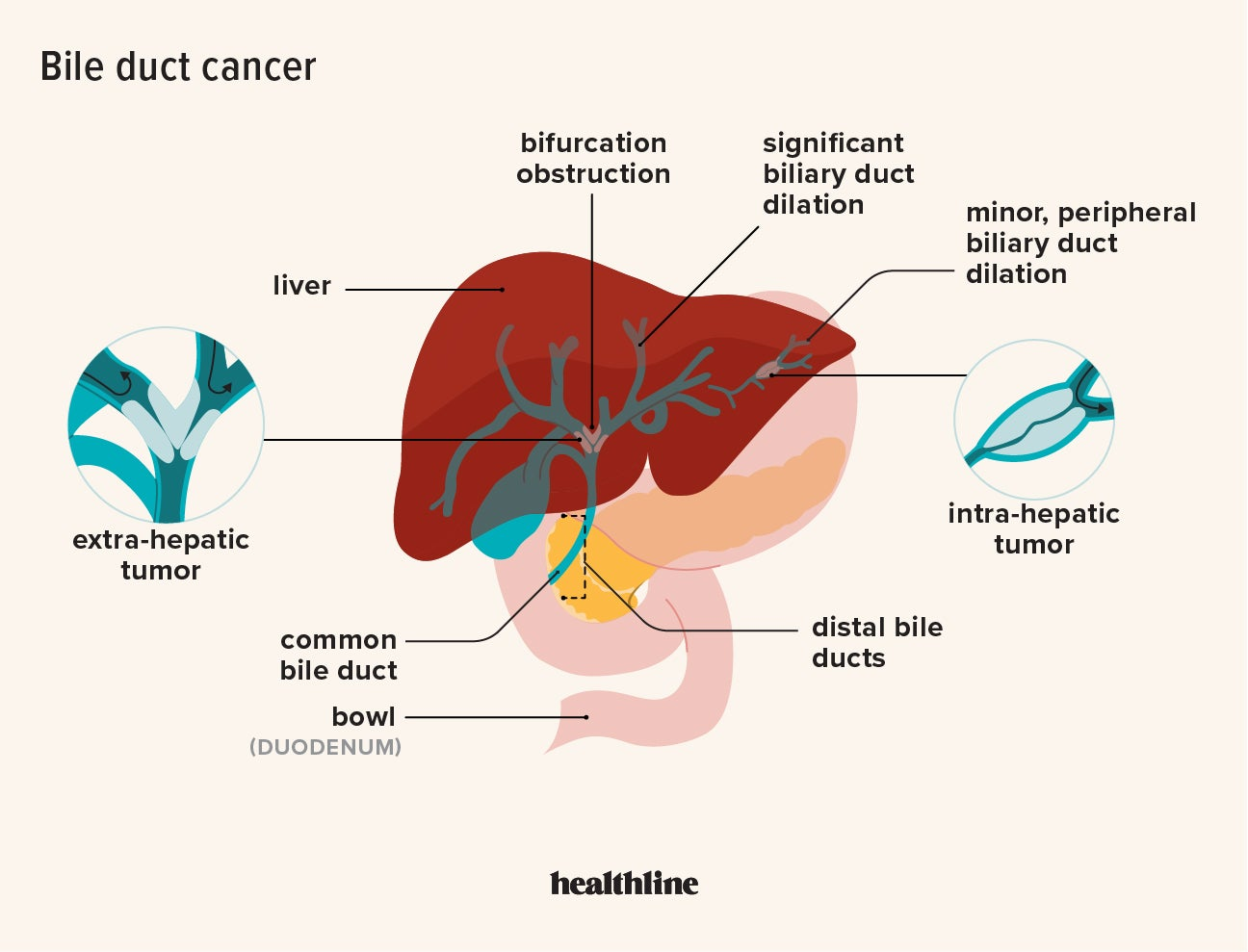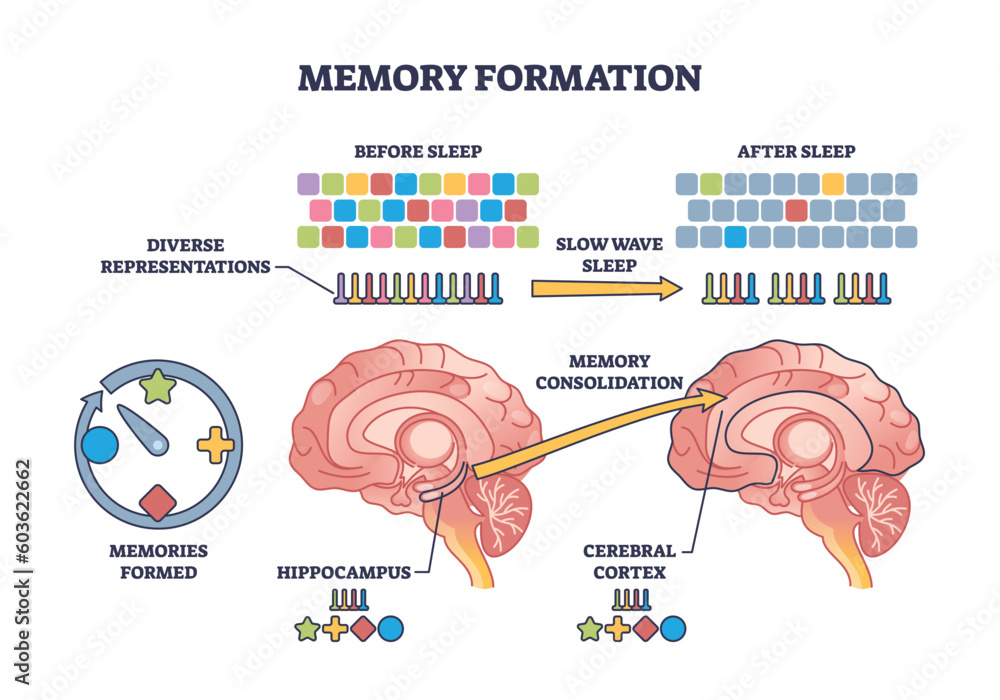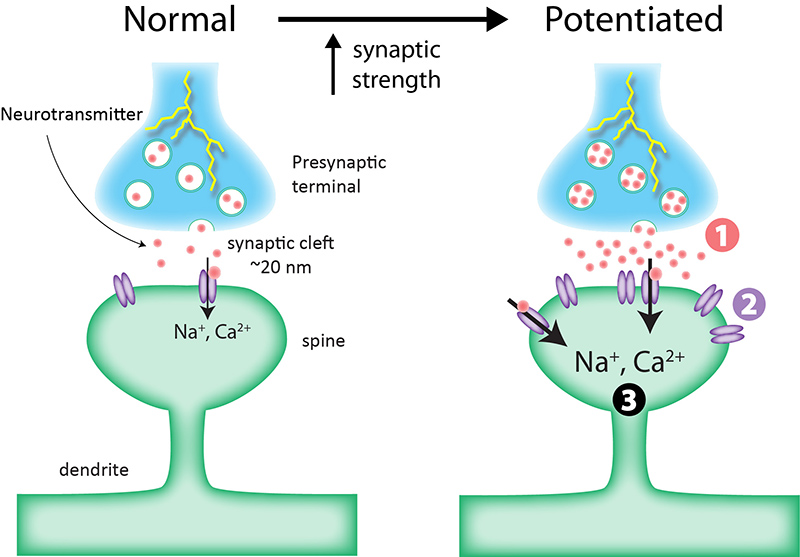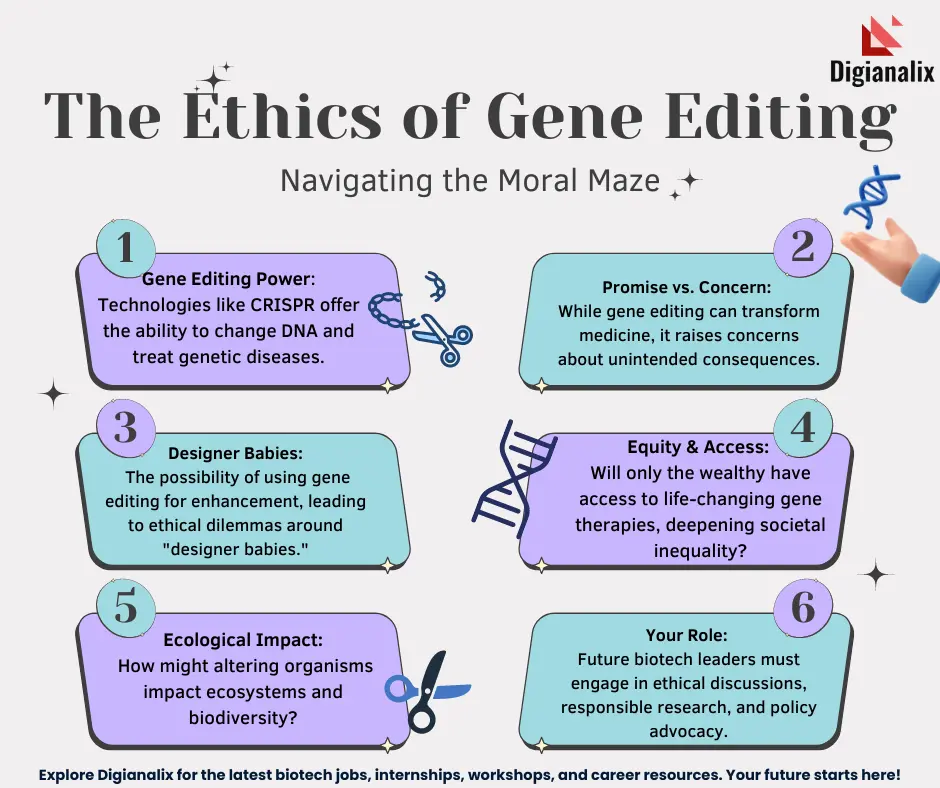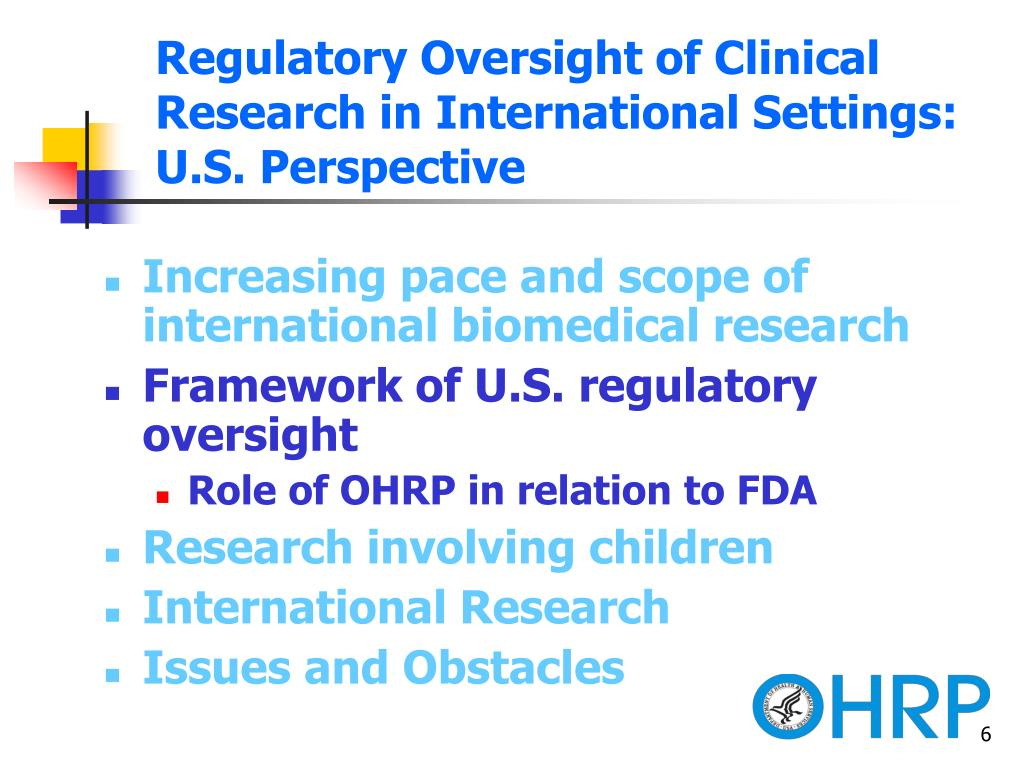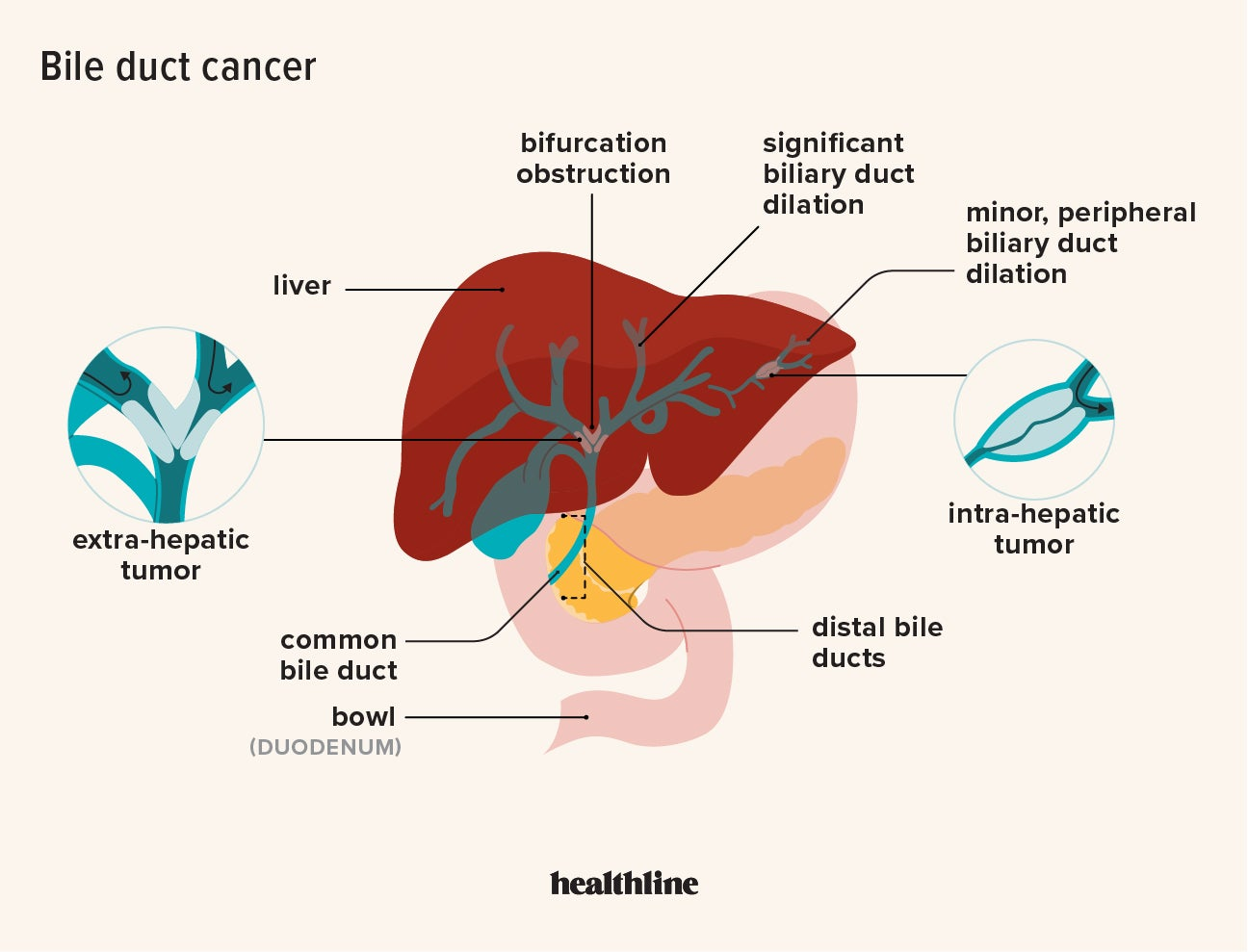
Bile imbalance is increasingly recognized as a significant factor in the development of liver cancer, particularly hepatocellular carcinoma (HCC), the most common form of this deadly disease. Recent studies have shown that disruptions in bile acid metabolism can create a chain reaction leading to liver injury and inflammation, laying the groundwork for cancerous growth. At the center of this research is the FXR receptor, which plays a crucial role in maintaining bile acid homeostasis and regulating metabolic processes. Additionally, the YAP signaling pathway has emerged as a key player in this imbalance, where its activation can inhibit FXR function and exacerbate liver damage. With these insights, targeting bile acid pathways could pave the way for innovative treatment interventions against liver cancer causes, making it imperative to understand the connection between bile imbalance and disease progression.
The relationship between disrupted bile production and liver malignancies underscores the urgency of addressing what might be termed bile imbalance liver cancer. This condition can lead to various complications, as the liver’s capacity to produce bile acids, crucial for fat digestion and metabolic regulation, becomes compromised. In particular, the role of the YAP signaling pathway in inhibiting the FXR receptor highlights the intricate balance required for optimal liver function. As research evolves, it’s crucial to delve deeper into how abnormalities in bile flow and metabolism contribute to the risk of hepatocellular carcinoma. Understanding these processes will not only enhance our grasp of liver diseases but could also inform potential therapeutic strategies.
Understanding Bile Acid Metabolism and Its Relationship to Liver Cancer
Bile acid metabolism is a crucial process within the liver that involves the production and regulation of bile acids, which play a significant role in fat digestion and overall metabolic homeostasis. Recent studies have shown that an imbalance in bile acids can lead to serious liver conditions, including hepatocellular carcinoma (HCC), the most prevalent type of liver cancer. This disruption often results from altered signaling pathways, particularly the FXR (Farnesoid X receptor) pathway, which is essential for bile acid regulation. When this balance is upset, the accumulation of bile acids can trigger inflammation and fibrotic changes within the liver, setting the stage for cancer development.
Research has highlighted the importance of understanding these metabolic pathways, especially how certain oncogenic factors, such as YAP (Yes-associated protein), interact with bile acid metabolism. YAP can unexpectedly repress the function of the FXR, leading to an overproduction of bile acids and consequent liver damage. Recognizing the implications of bile acid homeostasis not only opens avenues for novel therapeutic strategies targeting FXR activation but also provides insight into the complex interplay between metabolism and liver cancer.
The Role of YAP Signaling Pathway in Bile Imbalance and Liver Cancer
The Hippo/YAP signaling pathway has been identified as a pivotal player in liver cancer development, primarily through its influence on bile acid metabolism. YAP’s unexpected role as a repressor of the FXR receptor complicates the understanding of liver cancer’s etiology. Instead of promoting growth and regeneration, activated YAP leads to the suppression of FXR, causing bile acid accumulation. This chain reaction of events fosters a microenvironment conducive to liver injury and chronic inflammation, which are early precursors to hepatocellular carcinoma.
Interventions that target YAP signaling, such as inhibiting its repressive function or enhancing FXR activity, may offer promising avenues for liver cancer prevention and treatment. By restoring the balance of bile acids and mitigating the inflammatory response, researchers hope to develop effective pharmacological approaches that address the underlying mechanisms of bile imbalance linked to liver cancer. This understanding not only illuminates the pathogenic processes involved but also paves the way for innovative therapeutic solutions that could revolutionize liver cancer treatment.
Overall, the intricate relationship between YAP signaling, bile acid metabolism, and liver cancer underscores the need for further research in this promising field. By dissecting these pathways, scientists can potentially identify new biomarkers for early detection and develop targeted therapies that improve patient outcomes in liver cancer.
Potential Therapeutic Interventions for Liver Cancer Through Bile Acid Regulation
As research continues to unveil the link between bile acid metabolism and liver cancer, particularly hepatocellular carcinoma, potential therapeutic targets are emerging. The FXR receptor has become a focal point in developing interventions, as enhancing its function could restore bile acid homeostasis and reduce liver damage. Recent findings suggest that activating FXR or modulating the downstream signaling pathways that involve YAP could significantly diminish the progression of liver cancer.
Strategies such as pharmacological FXR agonists or enhancing bile acid excretion processes hold promise for medical interventions. By correcting bile acid imbalances, it may be possible to not only prevent liver injury but also impede the transition from liver inflammation to malignancy. Ongoing clinical trials and research initiatives are critical to determine the efficacy and safety of these approaches, with the potential to change the landscape of liver cancer treatment substantially.
The Importance of Early Detection and Monitoring in Liver Cancer Prevention
Detecting liver cancer at an early stage is vital for improving treatment outcomes, and understanding the role of bile acid metabolism can enhance early diagnostic approaches. Biomarkers related to disrupted bile acid homeostasis could serve as critical indicators for assessing liver health and the risk of developing hepatocellular carcinoma. Ongoing studies are focused on discovering specific bile acid profiles that correlate with liver disease states, which could facilitate easier screening mechanisms for at-risk populations.
Implementing regular monitoring of liver function, alongside advanced imaging and serum biomarker assessments, is essential for preventing the progression from liver disease to cancer. As science uncovers more about bile imbalances and their connections to liver pathology, integrating these findings into clinical practice could significantly enhance the early detection and, subsequently, the management of liver cancer.
Nutrient Sensing and Its Impact on Liver Health
Nutrient sensing plays a pivotal role in regulating liver function and maintaining metabolic balance. The liver’s ability to respond to dietary inputs is closely linked to its production of bile acids, which are crucial for fat digestion and absorption. Recent advancements in research have outlined how pathways such as YAP and FXR interact with nutrient availability to influence liver health and the risk of liver diseases. Disruption in nutrient sensing can lead to an imbalance in bile acid levels, consequently increasing the likelihood of liver injury and progression to conditions like hepatocellular carcinoma.
Understanding the dynamics of nutrient sensing in liver function not only highlights the importance of a balanced diet but also sheds light on potential therapeutic targets. By studying the mechanisms behind nutrient-induced signaling, researchers may identify strategies to enhance liver resilience against various stressors, ultimately improving outcomes for patients at risk of liver cancer.
The Future of Liver Cancer Research: Exploring Bile Dynamics
As the field of liver cancer research evolves, the focus on bile dynamics presents an exciting frontier for therapeutic innovation. The correlation between bile acid imbalance and liver pathology suggests that understanding these dynamics can unlock new insights into disease prevention strategies. Researchers are increasingly investigating how different bile acid compositions affect liver cell functionality and cancer progression, aiming to develop interventions that target these unique metabolic profiles.
Additionally, future studies will likely delve deeper into the molecular mechanisms driving bile acid production and regulation. By identifying new biomarkers for bile acid dysregulation, scientists can better understand the risk factors associated with liver cancer and develop tailored interventions that preemptively address these issues. Embracing a multidisciplinary approach that combines molecular biology, clinical research, and patient-centered care will be crucial in shaping the future of liver cancer treatment.
Mobilizing the Community for Awareness and Education on Liver Health
Raising awareness and education of the public regarding liver health, particularly concerning bile imbalance and its implications for liver cancer, is essential. Health organizations need to mobilize community resources to disseminate information on the importance of liver function, proper dietary practices, and early detection of liver diseases. Educational campaigns that highlight the critical role bile acids play in digestion and metabolism can help bridge knowledge gaps and empower individuals to prioritize liver health.
Empowering communities with information about liver cancer risk factors, including the significance of maintaining healthy bile acid levels, could lead to earlier intervention and improved outcomes for those at risk. Additionally, public health initiatives that promote regular health screenings and emphasize the value of a balanced diet will encourage proactive engagement in one’s liver health, potentially reducing the incidence of hepatocellular carcinoma.
Dietary Considerations for Supporting Liver Health
Diet plays a crucial role in maintaining liver health and preventing conditions such as liver cancer. Foods rich in antioxidants, vitamins, and minerals support the liver’s detoxification processes and help regulate bile acid metabolism. Incorporating a balanced diet that includes fruits, vegetables, whole grains, and lean proteins can significantly impact liver function, lowering the risks associated with bile acid imbalance. Furthermore, specific dietary components can enhance the FXR receptor activity, promoting bile acid homeostasis and reducing the risks of hepatocellular carcinoma.
Additionally, understanding the effects of dietary fats on bile acid production can guide individuals in making healthier choices. Reducing saturated fats and incorporating healthy fats from sources like fish, olive oil, and nuts may support better bile acid regulation and liver function. As research continues to emphasize the link between nutrition and liver health, dietary interventions may become a cornerstone in preventative strategies against liver cancer.
Exploring Pharmacological Advances in Liver Cancer Therapy
Pharmacological advancements aimed at improving liver cancer therapies are increasingly focusing on the significance of bile acids and their metabolic pathways. The development of drugs that target the FXR receptor is gaining traction, as these pharmacological agents can facilitate proper bile acid regulation and offer protective effects against liver injury. By preventing the accumulation of toxic bile acids within the liver, these treatments have the potential to thwart the progression to hepatocellular carcinoma.
Moreover, combining existing therapies with novel drug candidates that modulate bile acid metabolism represents a strategic approach in addressing liver cancer. Ongoing clinical trials strive to explore the efficacy of such drugs, highlighting their therapeutic potential in altering the course of liver disease. As researchers refine their focus on bile dynamics and liver cancer, the possibility of translating these findings into effective treatments becomes a reality, promising hope for patients affected by liver cancer.
Frequently Asked Questions
What is the relationship between bile imbalance and liver cancer?
Bile imbalance significantly correlates with liver cancer, particularly hepatocellular carcinoma (HCC). An overproduction of bile acids due to the disruption of bile acid metabolism can lead to inflammation and fibrosis in the liver, which may ultimately result in liver cancer.
How does bile acid metabolism affect liver cancer development?
Bile acid metabolism plays a critical role in maintaining liver health. Disruptions in this metabolic pathway can cause the accumulation of bile acids, leading to liver injury and increasing the risk of developing liver cancer, mainly through mechanisms involving the YAP signaling pathway.
What role does the FXR receptor play in bile imbalance and liver cancer?
The FXR (Farnesoid X receptor) is essential for bile acid homeostasis. Activation of FXR helps regulate bile acid synthesis. When the YAP pathway inhibits FXR function, it leads to bile acid overproduction, fostering conditions that promote liver inflammation and cancer.
Can targeting the YAP signaling pathway provide insights into liver cancer treatments?
Yes, targeting the YAP signaling pathway may provide new treatment options for liver cancer. By blocking YAP’s repressive effect on bile acid metabolism, researchers believe they can restore FXR function and potentially halt the progression of liver cancer.
What are the potential therapeutic approaches for addressing bile imbalance in liver cancer?
Therapeutic strategies may include enhancing FXR function, inhibiting YAP, or promoting bile acid excretion. These interventions could reduce liver damage, liver inflammation, and ultimately decrease the risk of developing hepatocellular carcinoma.
How does liver cancer specifically relate to hepatocellular carcinoma?
Hepatocellular carcinoma (HCC) is the most common type of liver cancer. Studies have shown that bile imbalance and disrupted bile acid metabolism are significant factors contributing to the development of HCC, highlighting the importance of maintaining bile homeostasis.
What are bile acids and their significance in liver health?
Bile acids are substances produced by the liver that aid in fat digestion and absorption. They also play a hormone-like role in regulating metabolism. Maintaining balanced bile acid levels is crucial for preventing liver diseases, including liver cancer.
| Key Points | Details |
|---|---|
| Bile imbalance causes liver diseases | Imbalance in bile acids can trigger hepatocellular carcinoma (HCC), the most common type of liver cancer. |
| Key molecular switch identified | YAP (Yes-associated protein) is a key regulator affecting bile acid metabolism. |
| FXR role in liver health | Farnesoid X receptor (FXR) is essential for bile acid homeostasis and its inhibition by YAP leads to liver damage. |
| Potential treatment avenues | Enhancing FXR function or blocking YAP’s activity could provide new therapeutic approaches to prevent liver cancer. |
| Research implications | Ongoing studies will explore the metabolic control YAP has through nutrient sensing, impacting liver biology and cancer. |
Summary
Bile imbalance linked to liver cancer is a critical issue that unveils the intricate relationship between bile acids and liver health. Recent research highlights how disruptions in bile acid metabolism, particularly through the action of the YAP protein, can lead to significant liver damage and ultimately hepatocellular carcinoma (HCC). By targeting molecular pathways like FXR and YAP, scientists are paving the way for innovative treatment strategies that could potentially alter the course of liver diseases. Understanding these mechanisms not only enhances our knowledge of liver cancer but also offers hope for effective pharmacological interventions in the future.

